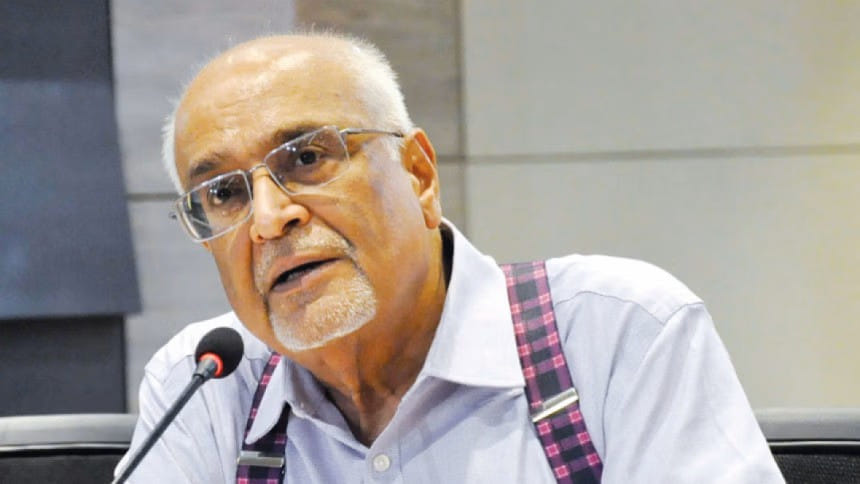Economists rue lack of economic reforms

... Those involved in the system of looting included politicians, who have now fled, business groups, who have become subdued, but the bureaucrats have now become reinvigorated.
Economists yesterday expressed disappointment over what they said was the interim government's indifference towards implementing reforms recommended in the white paper on the state of the Bangladesh economy and in taskforce reports on economic strategies.
"We have not been noticing any major initiative about the recommendations in the government," said Selim Raihan, executive director of the South Asian Network on Economic Modelling.
Raihan's comment came at a discussion on "Bangladesh Economy 2025-26: Policy Reform and National Budget" organised by the Citizens' Platform for SDGs, Bangladesh, at the Lakeshore Hotel in Dhaka.
An anti-reform sentiment is noticed among the political elites, business community and the bureaucrats, although reforms were the aspirations of the interim government, said Raihan, also a professor at the University of Dhaka's economics department.
Despite some signs of economic stabilisation, such as a slight easing of inflation and stability in the foreign exchange market, Bangladesh's broader economic reform trajectory remains hampered by structural weaknesses and governance shortcomings, said Debapriya Bhattacharya, the convenor of Citizen's Platform for SDGs, Bangladesh.
The government has paid little attention to economic reforms compared to other types of reform.
"Our general grievance is that the government pays far more attention to other reforms than it does to economic reforms. This is a major problem, but they fail to realise its gravity."
If there is no comfort in the economy, no other reform will be able to sustain itself, said Bhattacharya, also a distinguished fellow of the Centre for Policy Dialogue (CPD).
"We are not seeing the kind of structural transformation or reduction in anti-equity bias that would signal a meaningful shift in economic management.
"... Those involved in the system of looting included politicians, who have now fled, business groups, who have become subdued, but the bureaucrats have now become reinvigorated," he added.
Zahid Hussain, former lead economist at the World Bank's Dhaka office, said the quality of assets of the troubled banks should be reviewed before the end of this government's term to create a model in the banking sector.
Mustafizur Rahman, a distinguished fellow of the CPD, said the government should allocate an amount in the budget to facilitate the recovery of the stolen assets.
"Because the government will have to lodge cases in different countries to recover the stolen assets."
The government can recover the stolen assets through three ways: recovering the money directly, selling the assets of the money launderers and stopping hundi, he said.
AK Enamul Haque, director general of the Bangladesh Institute of Development Studies, said that spending in the services sector needs to be increased.
For instance, more hospitals were built, but nurses were not appointed adequately, he said, while recommending a freeze on tax rate hike this year to coax the business committee to invest.
Amir Khosru Mahmud Chowdhury, a standing committee member of BNP, said the interim government has been following "the fascist government model" to prepare the budget.
"They are doing everything in a stop-gap measure," he said, adding that the job of the interim government is to enable democratic transition.
He criticised the need for the Bangladesh Investment Summit 2025 as foreign investors are unwilling to invest in an uncertain political climate.
"They were asking when the next general election would take place," said Chowdhury, who led the BNP delegation at the summit held on April 7-10.
He also questioned the interim government's flirting with the idea of allowing foreign companies to operate the Chattogram port and giving a humanitarian corridor to the Rohingya.
"These decisions should come from the political government through consultation, considering the sensitivity of those issues."

 For all latest news, follow The Daily Star's Google News channel.
For all latest news, follow The Daily Star's Google News channel. 



Comments